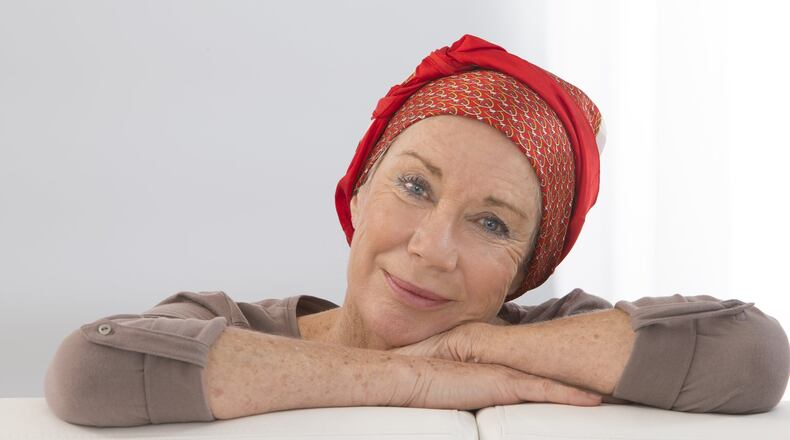“It may help to know that worries like this are an entirely normal part of surviving cancer,” says Rae Norrod, manager of Cancer Support Services for Kettering Health Network. “Usually, these worries are most severe in the first year after treatment, but they should get better as time passes.”
In the meantime, here are ways to feel less anxious and more in control:
Get accurate information. No one can predict with absolute certainty what the future holds. Still, cancer often follows a predictable pattern of recurrence. "Be sure to talk with your doctor about how likely it is that your cancer will return — and what symptoms to watch for," Norrod advises. "You may be worrying unnecessarily."
Practice letting go. When fears about cancer's return enter your mind, try not to let them linger. Some survivors picture their fears floating away, or even being vaporized. This might work for you. Others turn their worries over to a higher power.
Reach out. Rather than bottling up your concerns, share them with a trusted friend, family member or spiritual or mental health counselor. The simple act of talking openly can make worries less intense, especially when you are comforted by a caring listener.
“You may also consider joining a support group or taking classes for cancer survivors,” says Norrod. “The emotional support of people who know what you are going through from firsthand experience can be tremendously helpful. Fellow survivors may also share practical information about what to expect after treatment and how to manage worries that cancer may return.”
Norrod suggests one class that may be beneficial to cancer survivors: Life After Treatment — What’s Next? “This class is for anyone finishing cancer treatment or on maintenance therapy, and entering long-term cancer survivorship. Call 855-500-2873 for more information and class times.
Make positive lifestyle changes. Healthy habits can help you feel in control, and they are especially important for cancer survivors. Regular exercise, for example, can help you feel less anxious and fatigued, while a nutritious diet can help you regain strength after treatment. Studies suggest that diet and exercise may help prevent certain cancers from returning.
Finally, do your best to celebrate and embrace this new chapter in your life as you join the more than 15 million Americans alive today who have had cancer.
About the Author
